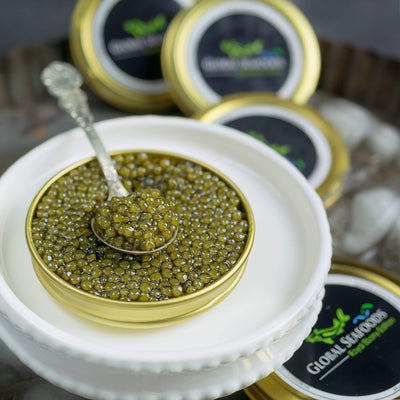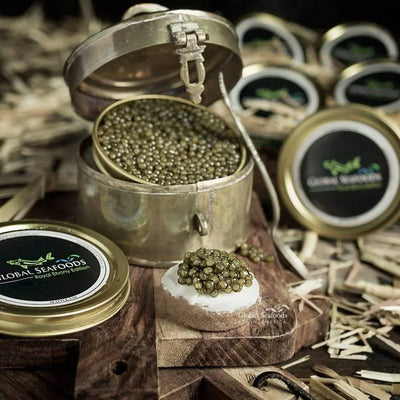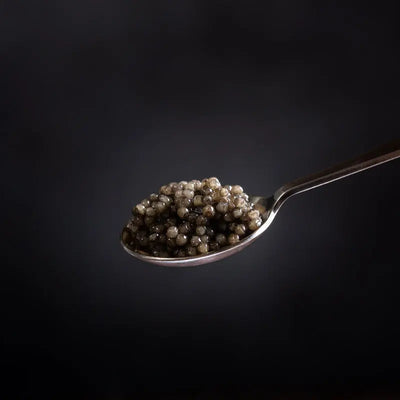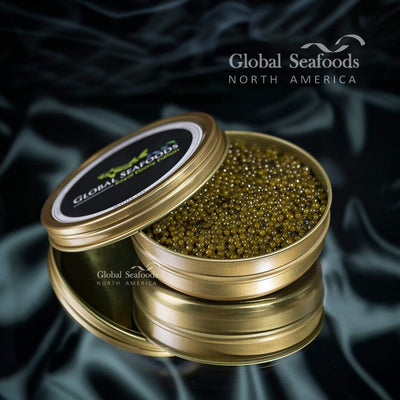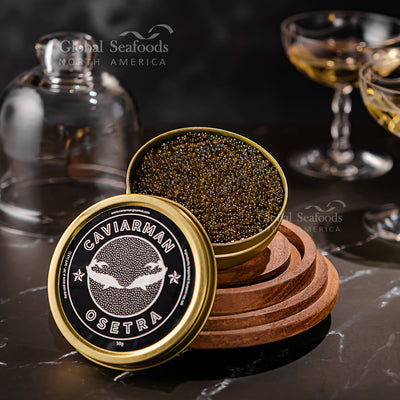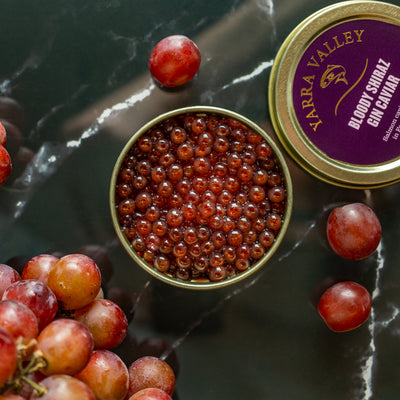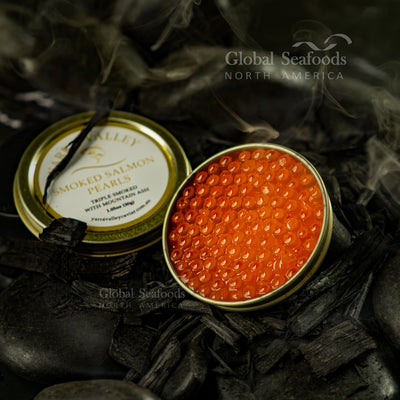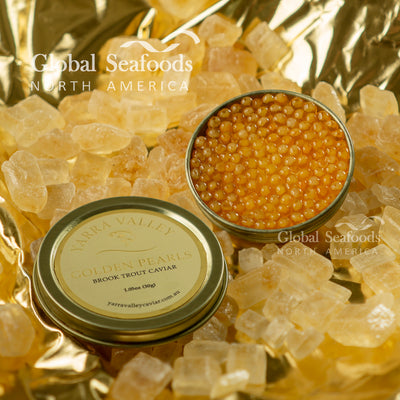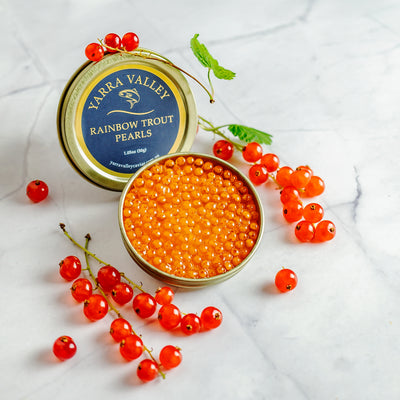+Shop Now
+Categories
- Abalone
- Ahi Tuna
- Alaskan King Crab Legs
- Alaskan Pollock
- Alaskan Sockeye Salmon
- Albacore Tuna
- Anchovy
- Anxiety Relief
- appetizer
- Atlantic Salmon
- Beluga Caviar
- Best Sushi
- black caviar
- black cod
- Blue crabs
- Bluefin Tuna
- Brain Function
- Branzino
- breakfast
- Calamari
- caviar
- Caviar Recipes
- Chef Knives
- Chilean Sea Bass
- Clams
- cocktail caviar
- Cod
- Coho Salmon Caviar
- collagen
- Cooking Methods
- crab
- Crab Balls
- Crab Cakes
- Crab claws
- crab meat
- Crab Recipes
- culinary tips
- decline-sturgeon
- Diver Scallops
- Dover Sole
- Dry Aged Fish
- Dungeness Crab
- Dungeness crab clusters
- Dungeness Crab Legs
- Exotic Shellfish Sampler
- Fish and Seafood
- fish oil
- Fish Sauce
- flat fish
- FLOUNDER FISH
- Focus
- Fresh Seafood Delivery
- Fresh Wild Alaskan Salmon
- Geoduck
- Gooseneck Barnacles
- Gourmet Seafood Platter
- haddock
- halibut
- Halibut Recipes
- hamachi
- Hamachi Recipe
- health
- healthy eating
- Ikura
- Japanese restaurants
- Jonah crab
- Jumbo Sea Scallops
- Kaluga Caviar
- kelp
- king crab
- King Crab Legs
- King Salmon
- kitchen
- Lingcod
- Live King Crab
- Live Lobsters for Sale
- Live Scallops
- Live seafood
- lobster
- Lobster Tail
- luxury food
- mahi mahi
- Marine Collagen
- Mollusk
- Monkfish
- Mussels
- New
- Nutrition
- octopus
- Opah
- Ora King Salmon
- Osetra Caviar
- Ossetra Sturgeon Caviar
- oysters
- Pacific Cod
- Pacific Hake
- Pacific Halibut
- Pacific Ocean
- Pacific Whiting
- Pacific Whiting Recipe
- Paddlefish Caviar
- Petite Oysters
- Petrale Sole
- Poke Tuna
- Pollock
- Pregnancy
- Premium Caviar Selection
- Recipe
- red caviar
- Red Crab
- rock fish
- Rockfish
- Rockfish Recipes
- sablefish
- Sablefish (Black Cod) Recipes
- salmon
- Salmon Caviar
- Salmon lox
- Salmon Poke
- Salmon Recipes
- salmon roe
- Sardines
- Sashimi
- Sashimi-Grade Tuna
- Scallop
- scallops
- Scallops Recipe
- Sea Urchi Recipe
- sea urchin
- Sea Urchin Sushi
- sea weed
- Seafood
- Seafood Dishes
- Seafood Market
- Seafood Recipe
- Seafood Restaurants
- sevruga caviar
- shellfish
- Shrimps & Prawns
- Silver Salmon
- Smoked
- Smoked Salmon
- Smoked Tuna
- Snail Caviar
- Snapper Recipe
- snow crab
- Sole & Flounder Recipes
- Squid
- Steelhead
- Sturgeon Caviar
- Sustainable Seafood Choices
- Swordfish
- Tilapia
- Tilapia Fish
- Tobiko
- Trout
- tuna
- Tuna Recipe
- weathervane scallops
- white fish
- White Sturgeon
- White Sturgeon Caviar
- Whiting Fish
- Wild Caught Shrimp
- Yellowfin Tuna
- Yellowtail snapper
Understanding the Cost of Caviar: A Comprehensive Guide to This Luxury Delicacy
January 03, 2025

The Cost of Caviar: A Luxury Worth Understanding
Caviar, known as the "black gold" of gourmet cuisine, is a timeless symbol of luxury and sophistication. From high-end dining establishments to private celebrations, this delicacy continues to captivate food enthusiasts around the world. However, the cost of caviar can leave many wondering—what makes it so expensive?
Renowned chef Alain Ducasse once said,
"Caviar is not just food; it is a culture, a symbol of refinement that transcends borders."
This article explores the nuances of caviar pricing, what determines its value, and how to enjoy it without breaking the bank.
What Determines the Price of Caviar?
1. Source of the Sturgeon
Caviar originates from sturgeon fish, which are predominantly farmed for their roe. The species plays a significant role in pricing:
- Beluga Caviar: The rarest and most expensive, harvested from Beluga sturgeon.
- Ossetra Caviar: Mid-tier pricing with a nutty flavor profile.
- Kaluga Caviar: Known as “river Beluga,” offering a creamy taste at a more affordable price.
Browse premium options here:
2. Farming vs. Wild
Sustainability has led to a shift from wild-caught to farmed caviar. Farm-raised options are often less expensive, but quality remains exceptional when sourced from reputable farms.
3. Processing & Grading
Caviar is meticulously graded based on color, size, texture, and flavor. Top-grade caviar with larger, firmer pearls fetches a higher price.
Price Ranges for Popular Types of Caviar
Premium Caviars
- Beluga Caviar: $5,000–$10,000 per kilogram.
- Ossetra Caviar: $3,000–$5,000 per kilogram.
- Kaluga Caviar: $2,000–$3,500 per kilogram.
Affordable Alternatives
- Sevruga Caviar: $1,500–$2,000 per kilogram, with smaller pearls and a robust flavor.
- Paddlefish Caviar: $100–$300 per kilogram, an excellent choice for budget-conscious gourmands.
Shop caviar for every budget:
Why Is Caviar So Expensive?
1. Time-Intensive Production
Sturgeon can take over a decade to mature before producing roe, making caviar production a long-term investment.
2. Labor-Intensive Harvesting
Extracting and processing roe require precision and expertise, contributing to its high cost.
3. Supply and Demand
With rising demand for high-quality caviar and limited availability of premium species, prices remain steep.
How to Choose the Best Caviar for Your Budget
1. Start Small
For beginners, smaller tins of White Sturgeon Caviar offer a less intimidating way to explore this delicacy.
2. Look for Farmed Options
Sustainably farmed caviar like California White Sturgeon Caviar ensures quality without compromising ethical practices.
3. Explore Alternatives
Try affordable yet flavorful options like Snail Caviar for a unique experience.
FAQs About Caviar Pricing
Q1: Why is Beluga caviar the most expensive?
Beluga sturgeon are rare, and their roe takes longer to harvest, leading to higher costs.
Q2: Can I find high-quality caviar at a lower price?
Yes, alternatives like Paddlefish Caviar and farmed varieties offer excellent quality at a fraction of the cost.
Q3: How do I store caviar to preserve its value?
Store caviar in the coldest part of your refrigerator, ideally at 28–32°F, and consume within 3–5 days of opening.
Pairing Caviar Without Extra Costs
- Classic Pairings: Blinis, crème fraîche, and hard-boiled eggs elevate the experience.
- Drinks on a Budget: Replace champagne with sparkling wine or vodka for a cost-effective pairing.
Conclusion: Savor the Luxury Within Your Means
Caviar remains one of the most luxurious delicacies, but understanding its pricing empowers you to enjoy this indulgence on your terms. From rare Beluga Caviar to affordable Sevruga Sturgeon Caviar, there’s an option for every palate and budget.
Call to Action:
Explore the finest caviar selections today at Global Seafoods and elevate your dining experience.
YouTube Channel: Discover more about the world of seafood delicacies on our Global Seafoods YouTube Shorts.
Luxury doesn’t have to break the bank. With careful selection and thoughtful pairings, caviar can be an accessible indulgence for any occasion. Let your journey into the world of caviar begin!
Related Products
Share:
Also in News

How to Make Sea Bream Sushi With Dry-Aged Tuna & Crab Roll — Step-by-Step With Chef Joshua
December 07, 2025
A complete guide to making Sea Bream sushi at home, including filleting, curing, slicing, and building a Dry-Aged Tuna & Crab sushi roll. Chef Joshua shares professional tips for restaurant-quality results.

Cooked Crab for Game Night: Everything You Need for a Perfect Seafood Party
June 27, 2025
Take your game night to the next level with a Cooked crab party. Learn the best recipes, cooking tips, and hosting hacks for a memorable seafood feast.

Steam Crab for Date Night: A Romantic Guide to the Perfect Seafood Feast
June 27, 2025
Make your next date night unforgettable with a romantic Steam crab experience. This guide covers everything you need to know, from ambiance to the best crab varieties.
+Shop Now
+Categories
- Abalone
- Ahi Tuna
- Alaskan King Crab Legs
- Alaskan Pollock
- Alaskan Sockeye Salmon
- Albacore Tuna
- Anchovy
- Anxiety Relief
- appetizer
- Atlantic Salmon
- Beluga Caviar
- Best Sushi
- black caviar
- black cod
- Blue crabs
- Bluefin Tuna
- Brain Function
- Branzino
- breakfast
- Calamari
- caviar
- Caviar Recipes
- Chef Knives
- Chilean Sea Bass
- Clams
- cocktail caviar
- Cod
- Coho Salmon Caviar
- collagen
- Cooking Methods
- crab
- Crab Balls
- Crab Cakes
- Crab claws
- crab meat
- Crab Recipes
- culinary tips
- decline-sturgeon
- Diver Scallops
- Dover Sole
- Dry Aged Fish
- Dungeness Crab
- Dungeness crab clusters
- Dungeness Crab Legs
- Exotic Shellfish Sampler
- Fish and Seafood
- fish oil
- Fish Sauce
- flat fish
- FLOUNDER FISH
- Focus
- Fresh Seafood Delivery
- Fresh Wild Alaskan Salmon
- Geoduck
- Gooseneck Barnacles
- Gourmet Seafood Platter
- haddock
- halibut
- Halibut Recipes
- hamachi
- Hamachi Recipe
- health
- healthy eating
- Ikura
- Japanese restaurants
- Jonah crab
- Jumbo Sea Scallops
- Kaluga Caviar
- kelp
- king crab
- King Crab Legs
- King Salmon
- kitchen
- Lingcod
- Live King Crab
- Live Lobsters for Sale
- Live Scallops
- Live seafood
- lobster
- Lobster Tail
- luxury food
- mahi mahi
- Marine Collagen
- Mollusk
- Monkfish
- Mussels
- New
- Nutrition
- octopus
- Opah
- Ora King Salmon
- Osetra Caviar
- Ossetra Sturgeon Caviar
- oysters
- Pacific Cod
- Pacific Hake
- Pacific Halibut
- Pacific Ocean
- Pacific Whiting
- Pacific Whiting Recipe
- Paddlefish Caviar
- Petite Oysters
- Petrale Sole
- Poke Tuna
- Pollock
- Pregnancy
- Premium Caviar Selection
- Recipe
- red caviar
- Red Crab
- rock fish
- Rockfish
- Rockfish Recipes
- sablefish
- Sablefish (Black Cod) Recipes
- salmon
- Salmon Caviar
- Salmon lox
- Salmon Poke
- Salmon Recipes
- salmon roe
- Sardines
- Sashimi
- Sashimi-Grade Tuna
- Scallop
- scallops
- Scallops Recipe
- Sea Urchi Recipe
- sea urchin
- Sea Urchin Sushi
- sea weed
- Seafood
- Seafood Dishes
- Seafood Market
- Seafood Recipe
- Seafood Restaurants
- sevruga caviar
- shellfish
- Shrimps & Prawns
- Silver Salmon
- Smoked
- Smoked Salmon
- Smoked Tuna
- Snail Caviar
- Snapper Recipe
- snow crab
- Sole & Flounder Recipes
- Squid
- Steelhead
- Sturgeon Caviar
- Sustainable Seafood Choices
- Swordfish
- Tilapia
- Tilapia Fish
- Tobiko
- Trout
- tuna
- Tuna Recipe
- weathervane scallops
- white fish
- White Sturgeon
- White Sturgeon Caviar
- Whiting Fish
- Wild Caught Shrimp
- Yellowfin Tuna
- Yellowtail snapper
Shop Now
Main
News & Updates
Sign up to get the latest on sales, new releases and more…
© 2026 Global Seafoods North America.

